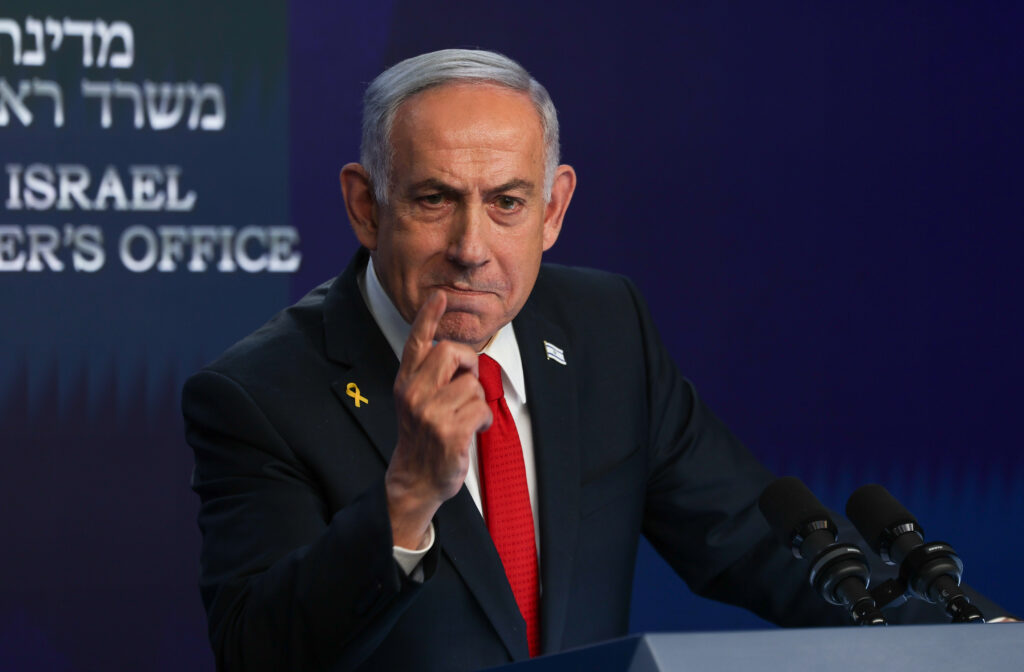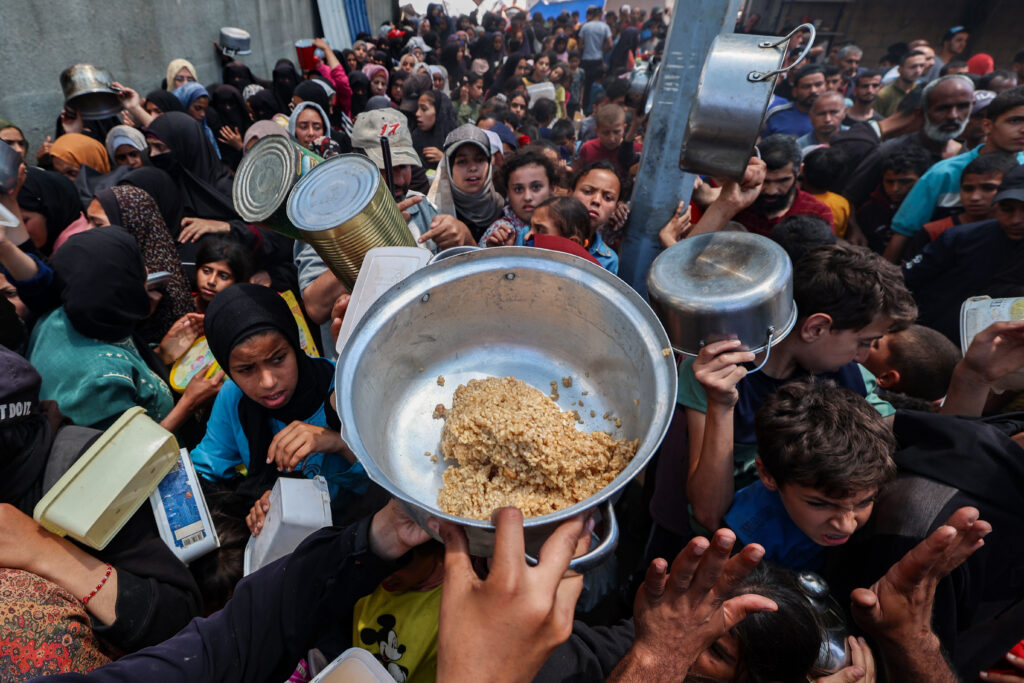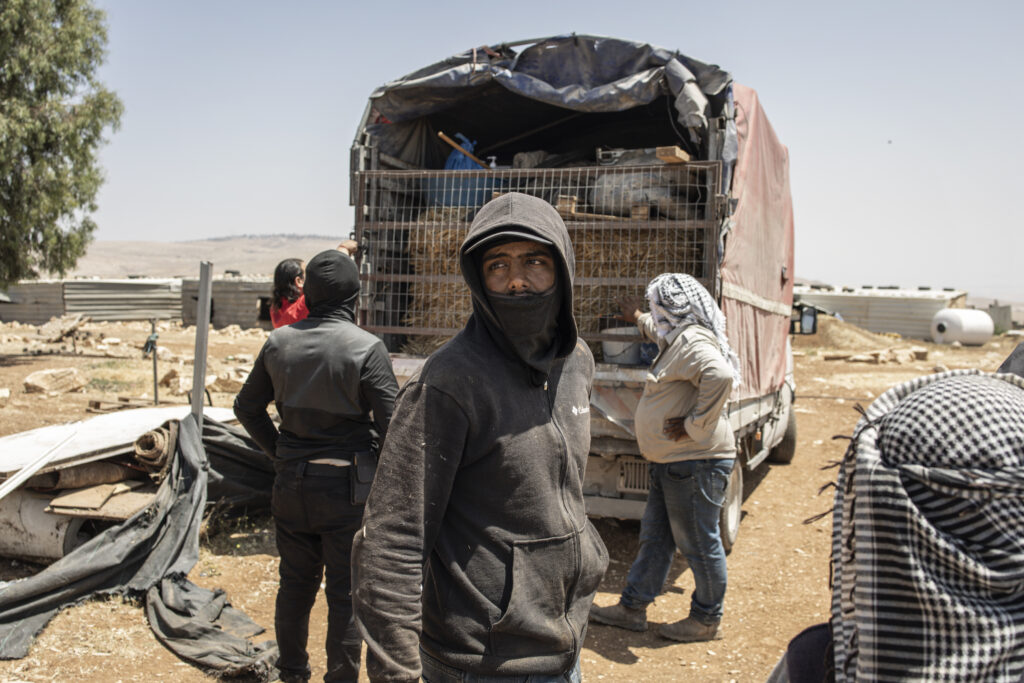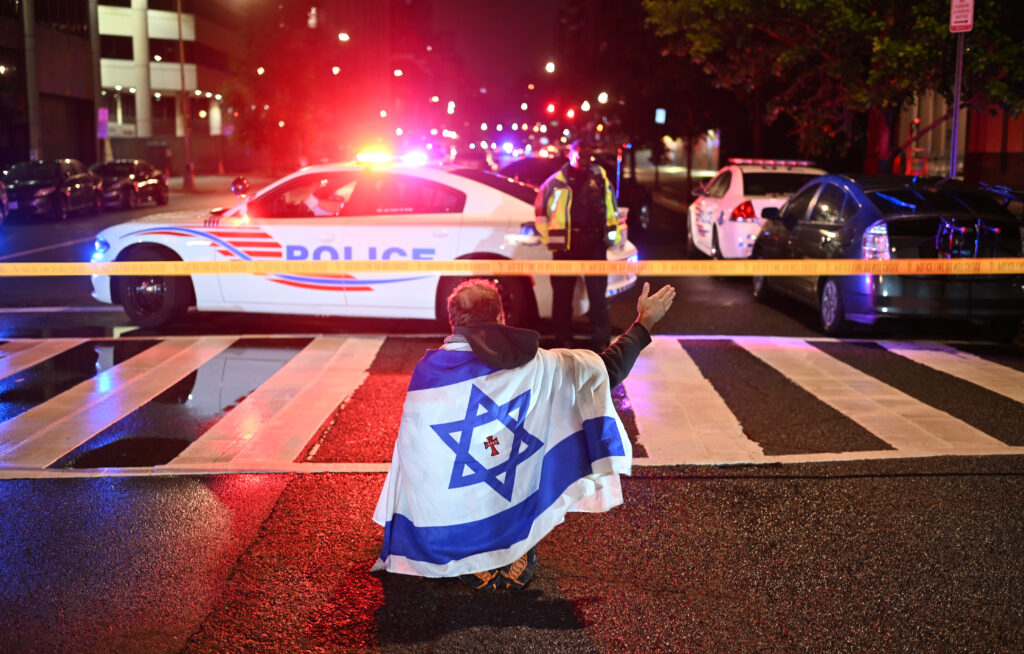Two Israeli embassy staffers were shot dead at a Jewish museum in Washington by a gunman who shouted “free Palestine” as he was arrested, sparking new international tensions over anti-Semitism.The killings took place just outside the Capital Jewish Museum, a mile (1.6 kilometers) from the White House, late Wednesday as it held an event for young professionals and diplomatic staff.Israeli Prime Minister Benjamin Netanyahu cited “the terrible price of antisemitism” and what he called “wild incitement against the State of Israel.”US President Donald Trump echoed this, posting on social media: “These horrible D.C. killings, based obviously on antisemitism, must end, NOW!”Israel identified the victims as Yaron Lischinsky, an Israeli citizen, and Sarah Lynn Milgrim, a US employee of the embassy, and said they were a couple who had been hoping to marry.Police said they detained the shooter, identified as 30-year-old Elias Rodriguez, from Chicago, at the scene.Video footage showed the bearded man in a jacket and white shirt shouting “free, free Palestine” as he was led away.The attack came days after the museum was awarded a grant to boost security, as anti-Semitism surges worldwide in the wake of Israel’s devastating invasion of Gaza, prompted by the October 7, 2023 attack by Palestinian militants Hamas.- Tensions over Gaza, anti-Semitism -Tensions are high in the United States and in many other countries over the ongoing Israeli assault on Gaza.Britain and France — who have stepped up their condemnation in recent days of Israel’s actions — were among those condemning the shooting, as well as Germany and the United Arab Emirates. But Israel’s foreign minister, Gideon Saar, put blame on European governments, claiming there was “a direct line connecting anti-Semitic and anti-Israeli incitement to this murder.””This incitement is also done by leaders and officials of many countries and international organizations, especially from Europe,” he said.French foreign ministry spokesman Christophe Lemoine called the accusation “completely outrageous and completely unjustified.”Israel’s consul in New York City sought to draw a link between the shooting and US student protests against the Israeli war in Gaza, which he painted as “unprecedented riots organized by terrorists.”Trump has gone on the offensive against campus protesters, also claiming they are “pro-terrorist,” with punitive measures to slash university funding and deport foreign student activists.- ‘Call the cops’ -In an incredible mix-up, witnesses reportedly said that security personnel appeared to mistake the gunman for a victim of the shooting and allowed him into the museum, where he was initially comforted by bystanders.”Some of the people at the event brought him water. They sat him down. ‘Are you OK? Were you shot? What happened?’ And he’s like ‘somebody call the cops’,” Yoni Kalin, who was in the museum, told US media.Washington Police Chief Pamela Smith told reporters that the suspect was seen pacing back and forth outside the museum before the shooting around 9:00 pm on Wednesday (0100 GMT Thursday). “He approached a group of four people, produced a handgun and opened fire,” she said.Smith confirmed the suspect then entered the museum and was detained by security, and said he told them where he discarded the gun. – Marriage plans -The targeted event was an annual reception hosted by the American Jewish Committee (AJC) for young Jewish professionals and the Washington diplomatic community.Lischinsky was a research assistant at the Israeli embassy, while Milgrim worked for its public diplomacy department, according to their LinkedIn profiles.Lischinsky was Christian, according to The Times of Israel, for whom he had previously worked as a blogger. Germany’s foreign minister said he also held a German passport. Israel’s ambassador to the United States, Yechiel Leiter, who said he spoke with Trump by telephone, told reporters the young staffers were a couple about to get engaged.”The young man purchased a ring this week with the intention of proposing to his girlfriend next week in Jerusalem,” Leiter said.”They were a beautiful couple.”









